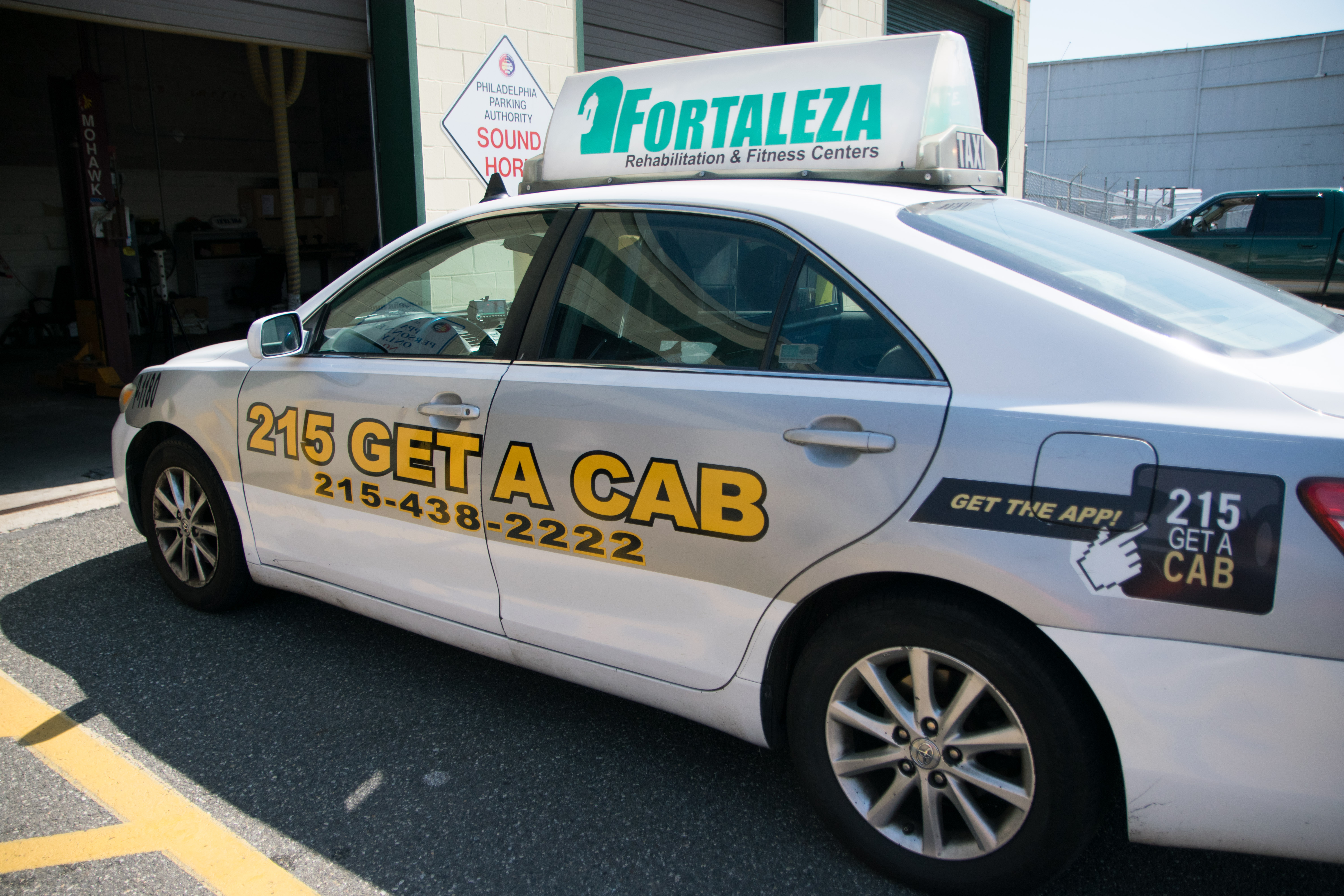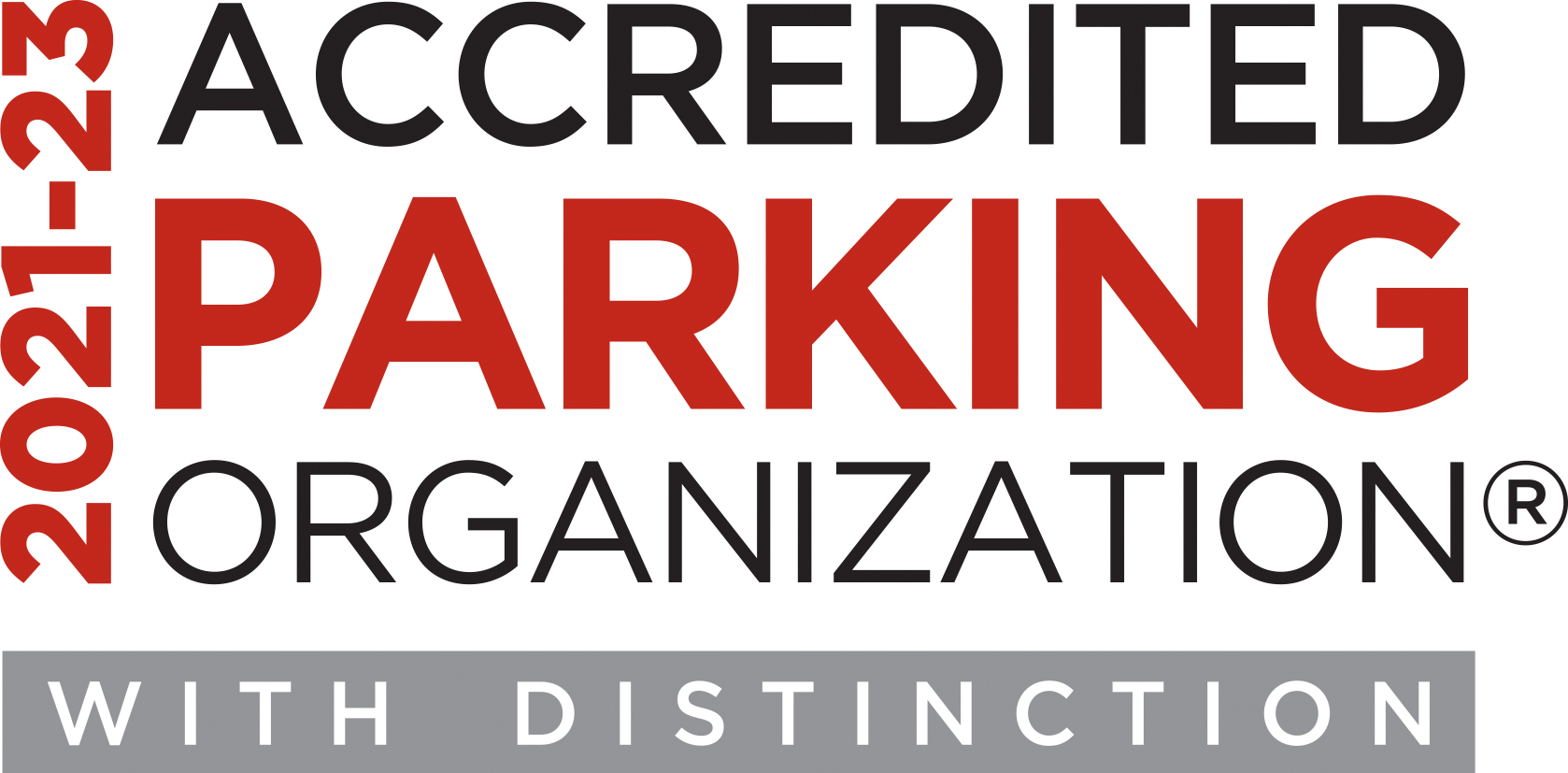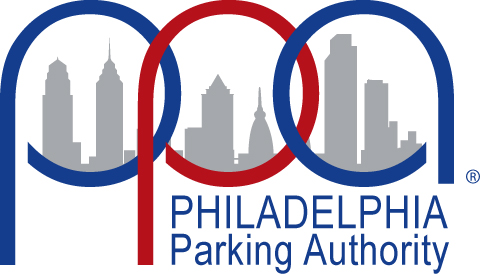PPA Executive Director: Fatal NY Limo Accident a Reminder that more Oversight Needed for Uber, Lyft too

The deaths of 20 people in a limousine accident in New York last weekend shocked us all. The reports of basic safety failures by that limousine company dovetail with concerns I have raised about the current state of regulatory oversight in Philadelphia.
Recent state legislation called Act 164 banned the practice of inspecting taxicabs once every six months and now limits those inspections to only once every four years. Those inspections commonly revealed frightening safety violations. Act 164 even removed the regulator from the process of doing background checks on taxicab drivers. Drivers are now issued their official three-month driving certification without any training or regulatory review.
While we have all embraced the convenience of ride-sharing services, those private vehicles are subject to almost no inspections. They are never subject to a pre-service inspection and less than 5 percent of transportation network company vehicles are inspected in any year. Regulators in Philadelphia do not certify ride-share drivers. Regulators do not know who is out there driving or even which vehicle is engaged in ride-share services.
Unfortunately, the trend away from safety regulation has now reached the limousine industry. At the behest of limousine owners, the Pennsylvania House recently passed House Bill 2473, which will cut limousine regulatory funding. This cut will result in less safety enforcement. Act 164 has already reduced regulatory staffing by 55 percent to only 19 people. Those 19 people must attempt to regulate much more than 20,000 vehicles in Philadelphia. How much lower can that number go before there is effectively zero enforcement?
I recognize that most people who provide taxicab, ride-share, and limousine service try to do the right thing for their customers. But reasonable oversight is important for public safety.
The public has the right to demand that the “for hire” vehicles they enter every day adhere to best practices, including those related to safety and performance. We confirm that standards are met by inspecting and testing compliance with approved guidelines. To test compliance, the scope of regulatory review must be reasonable and the testing process must be adequately funded. Appropriate compliance testing is simply not happening in Philadelphia due to funding cuts and inspection prohibitions. Now is the time to address this issue. We cannot wait for a tragic accident to move us to action.
As a first step, HB 2473 should move no further toward becoming law; it will only weaken limousine safety regulation. Then, current vehicle inspection prohibitions should be eliminated and funding restored. Specifically, limousine assessments should remain unchanged or be modified to a surcharge of $2 per trip. The current ride-share and taxicab assessments should be eliminated and replaced with a 50-cent surcharge on each trip in Philadelphia. Other cities already use this surcharge, and it works.
If these steps are put in place, more frequent vehicle inspections and enhanced real-time enforcement on the street will happen. Enforcement officers have the ability to inspect limousines and other vehicles while in the course of service. If a vehicle is in an unsafe condition, the enforcement officer can place it out of service on the spot. That is the type of commonsense oversight that will generate compliance with commercial standards and may ultimately save lives.
Because the law directs two-thirds of ride-share assessments in Philadelphia to the School District, annual funding for our schools would also increase by nearly $10 million. I urge our legislators to focus on this vital public safety issue. I am willing to help in that process in any way.
-Scott Petri
Executive Director
Philadelphia Parking Authority


